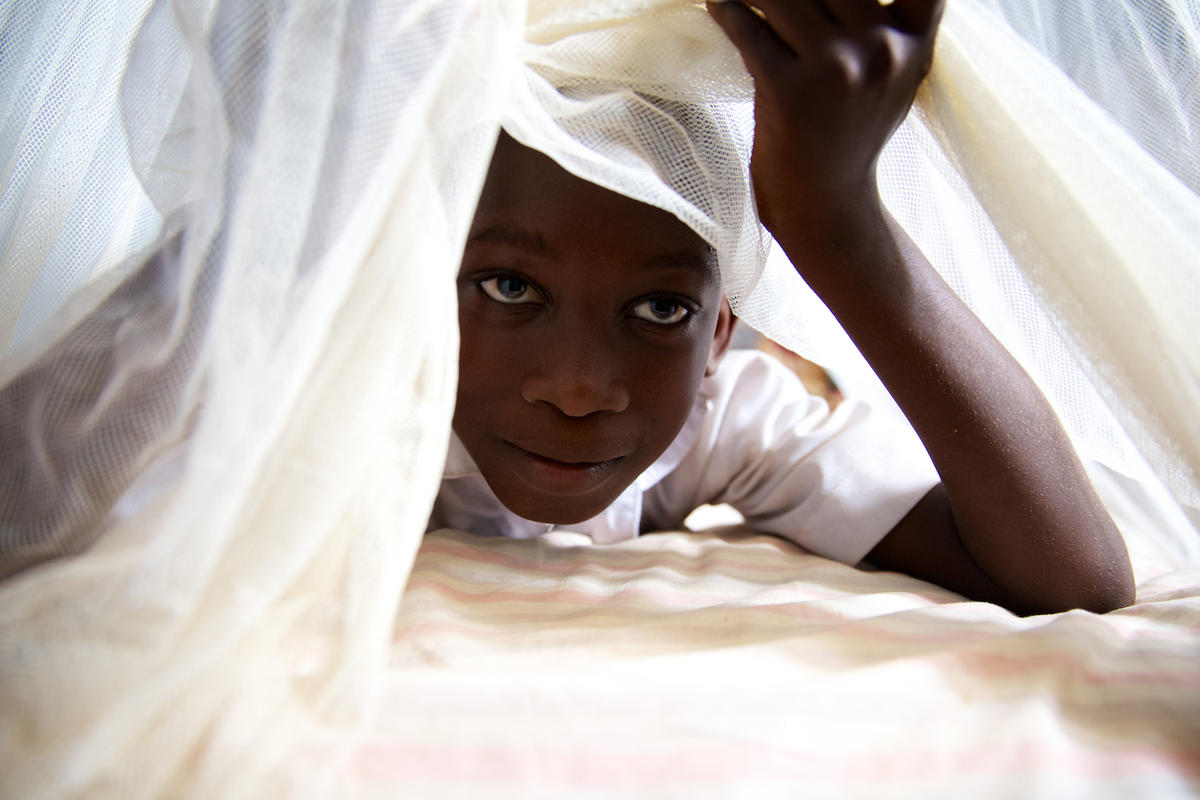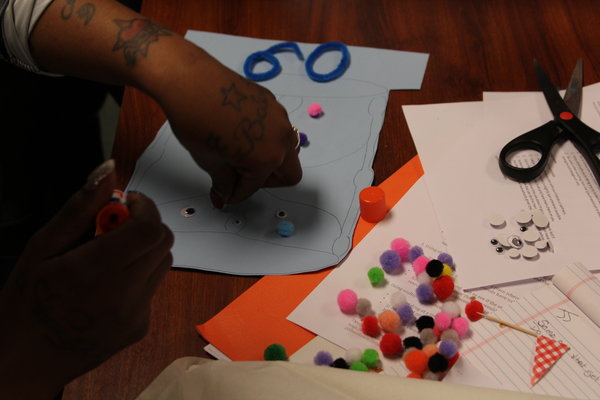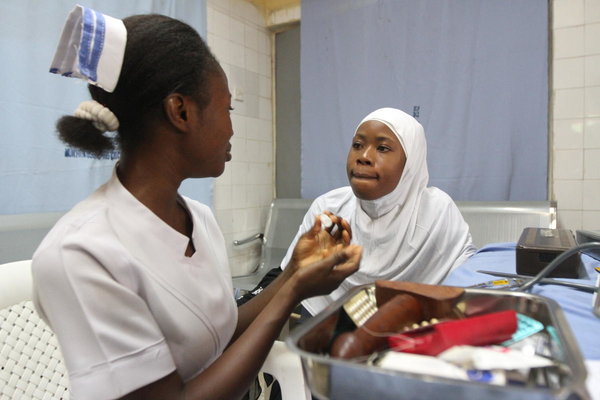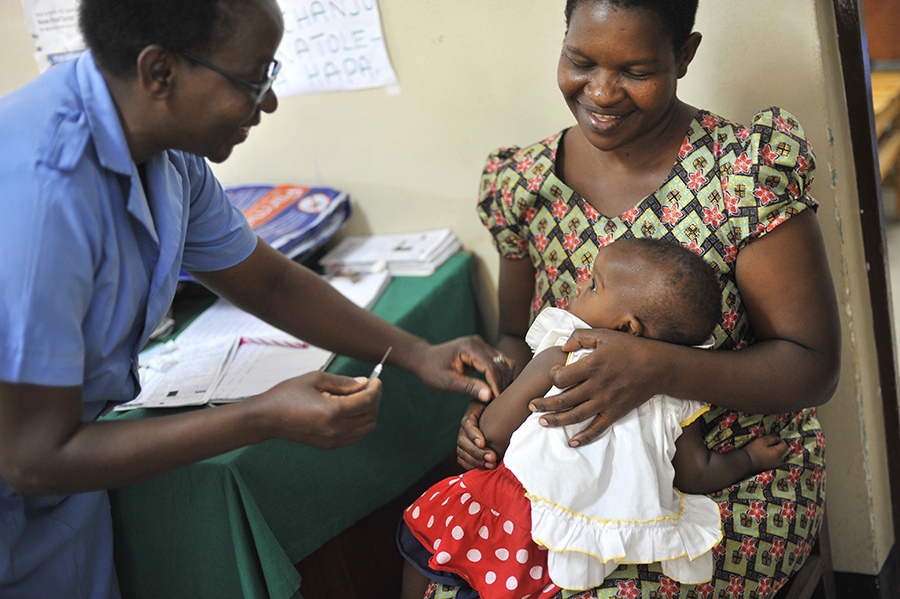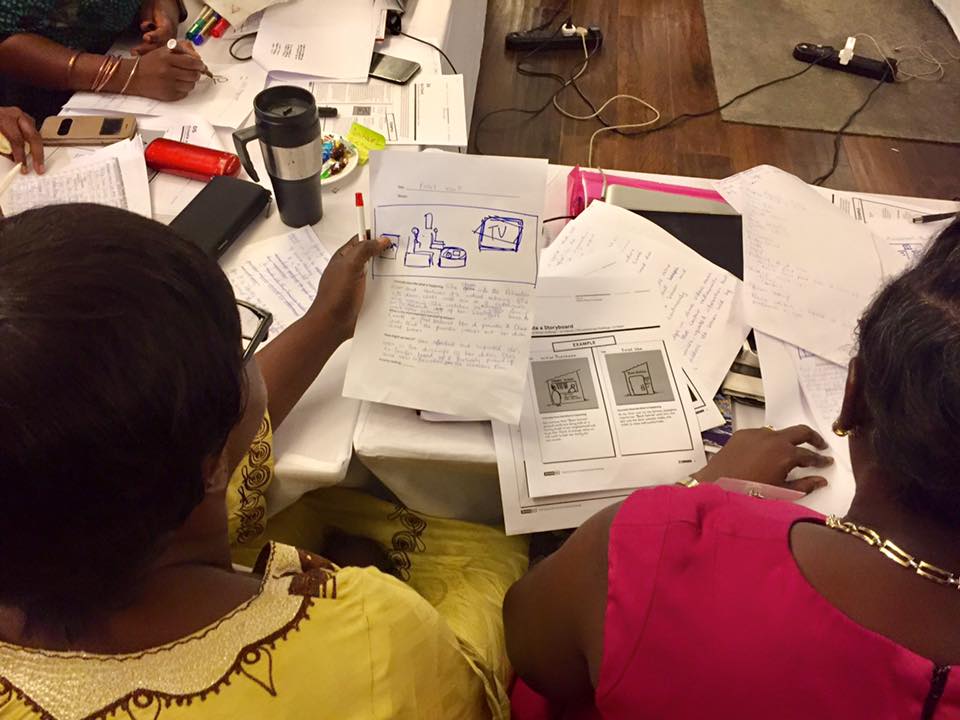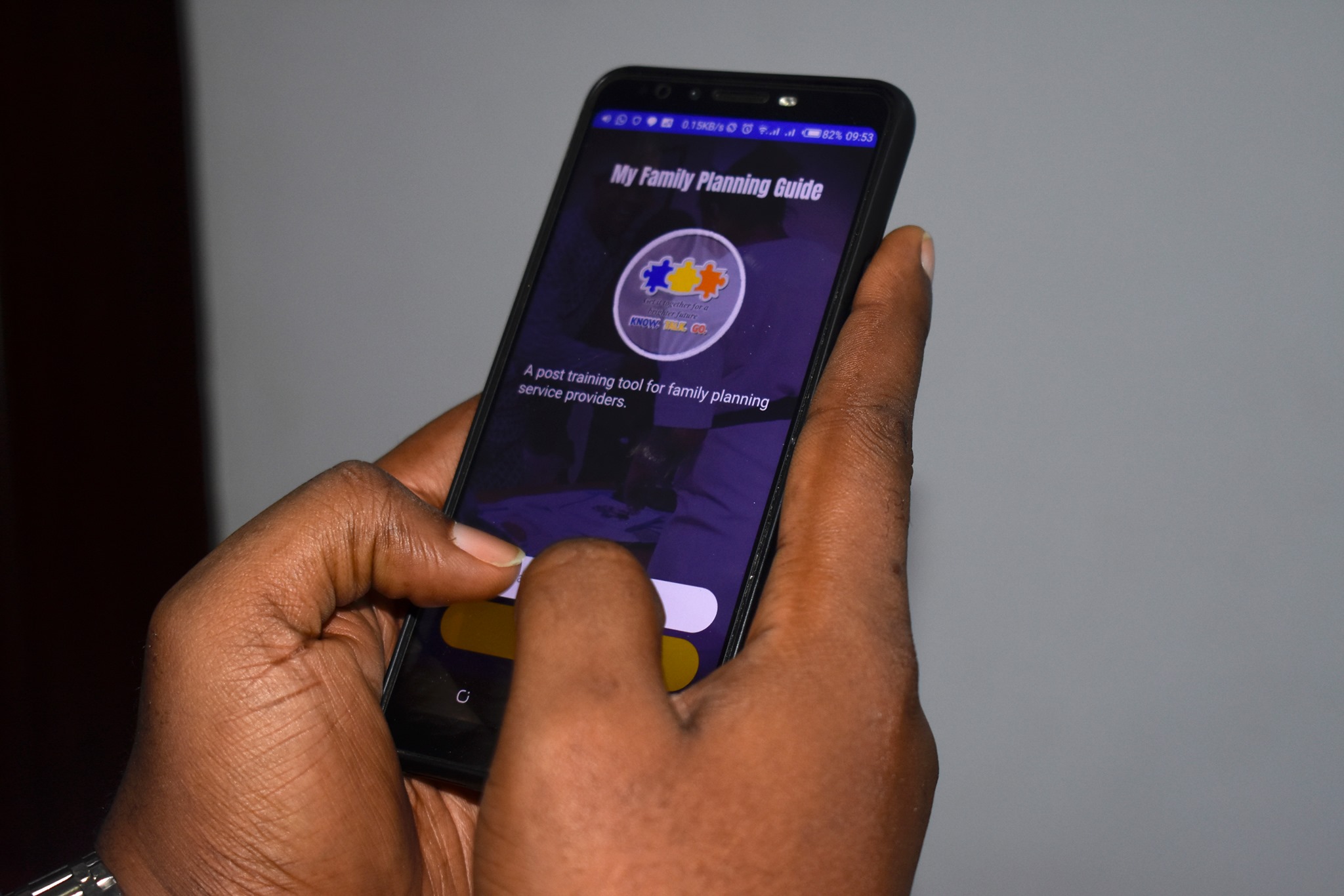
New Learning App Links Family Planning Providers Across Nigeria
“My Family Planning Guide” is a distance learning education mobile app designed by CCP in Nigeria to keep family planning service providers up-to-date on the newest types of modern contraception and strengthen interpersonal communication with clients.

